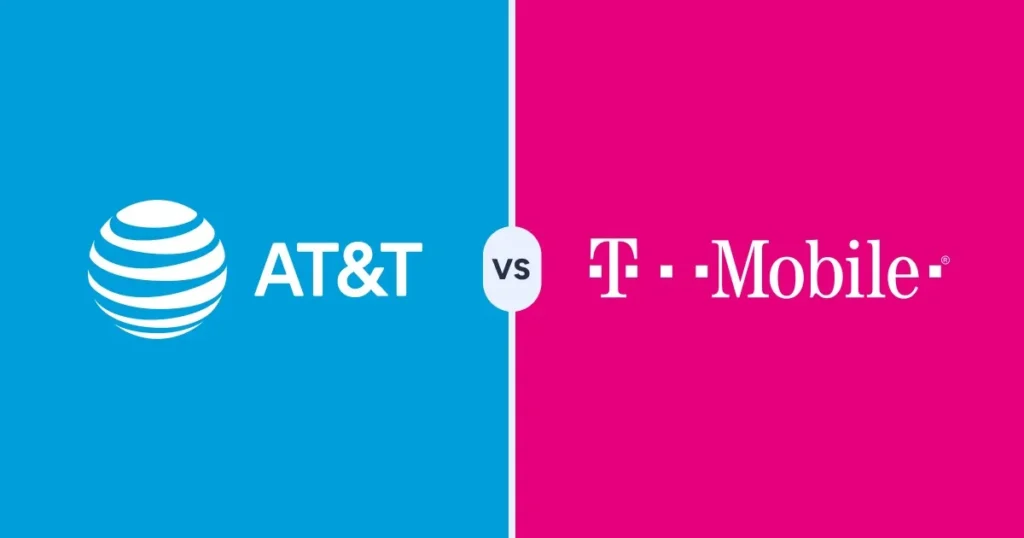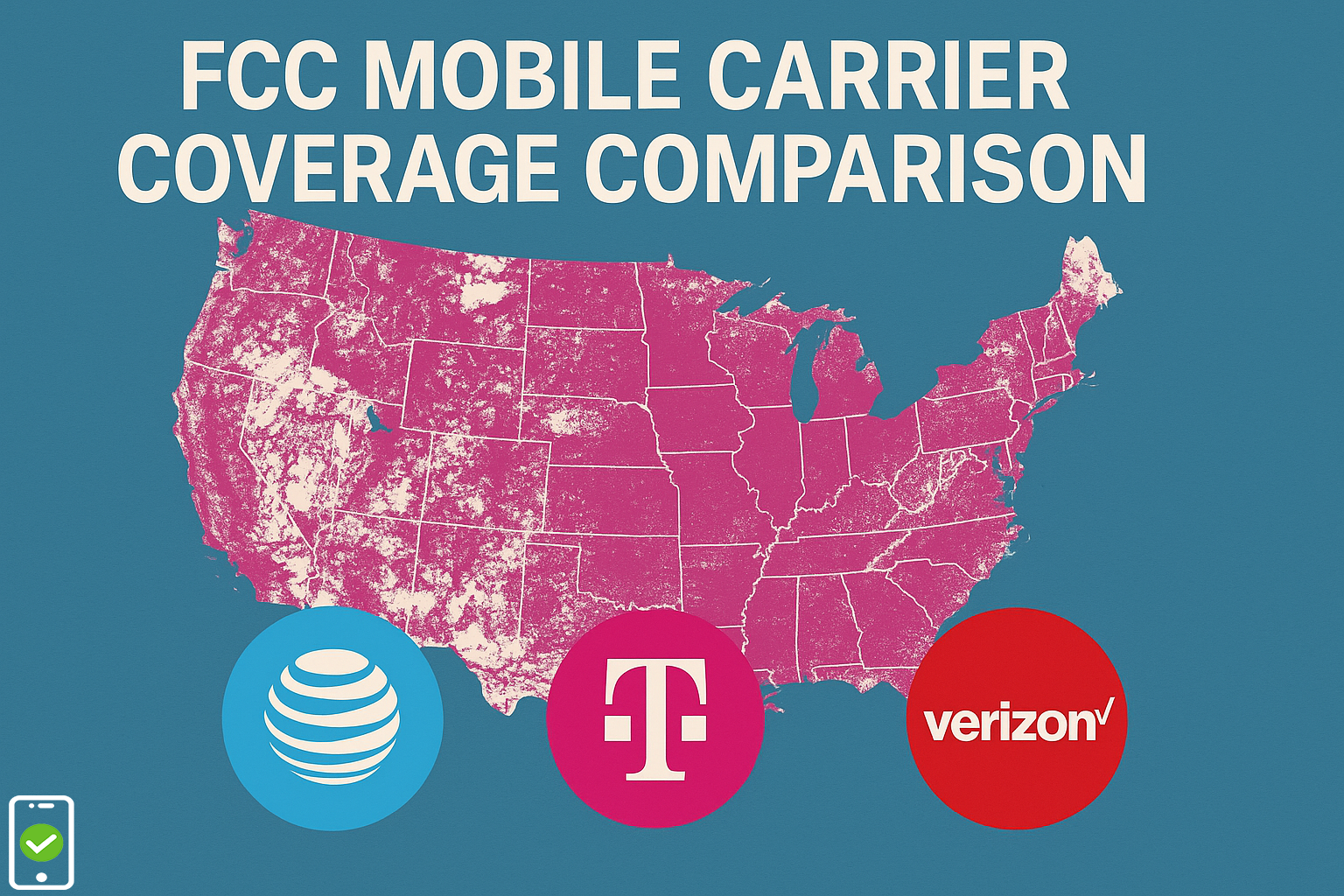The landscape of lead generation is rapidly evolving, driven by changes in consumer behavior, technology, and regulation. As businesses adapt to these shifts, ensuring compliance with the Telephone Consumer Protection Act (TCPA) has become more complex yet critical. The future of lead generation will be shaped by how companies navigate these changes while maintaining TCPA compliance.
One of the most significant changes in the lead generation industry is the growing reliance on digital and automated technologies. These tools offer tremendous potential to reach broader audiences more efficiently. However, they also present new compliance challenges. For instance, the use of autodialers and automated messaging systems must be carefully managed to avoid running afoul of TCPA regulations. This includes ensuring that these systems are not used to contact consumers without the proper consent.
Additionally, the rise of data-driven marketing has transformed how leads are generated and targeted. Businesses now have access to vast amounts of consumer data, allowing for more precise targeting and personalized outreach. While this can improve conversion rates, it also increases the risk of TCPA violations if not handled correctly. Businesses must implement rigorous data management practices to ensure that they are only contacting consumers who have given explicit consent and that they are respecting consumers’ communication preferences.
Another factor shaping the future of lead generation is the increasing scrutiny from regulators and consumer advocacy groups. As more consumers become aware of their rights under the TCPA, the likelihood of facing legal challenges increases. Businesses must be proactive in staying up-to-date with the latest regulatory developments and court rulings. This includes regularly reviewing and updating their compliance programs to address any new risks.
Furthermore, the evolving nature of consumer consent is a key consideration for future lead generation strategies. Consumers are becoming more selective about who they allow to contact them, and businesses must be more transparent about how they obtain and use consumer consent. This requires clear and straightforward communication with consumers, as well as robust documentation practices to demonstrate compliance.
As the lead generation industry continues to evolve, businesses that prioritize TCPA compliance will be better positioned to succeed. By embracing technology responsibly, managing data carefully, and staying informed about regulatory changes, companies can navigate the challenges of the modern lead generation landscape while minimizing legal risks. Stay sharp out there friends.



